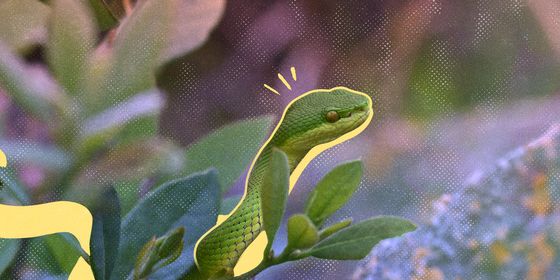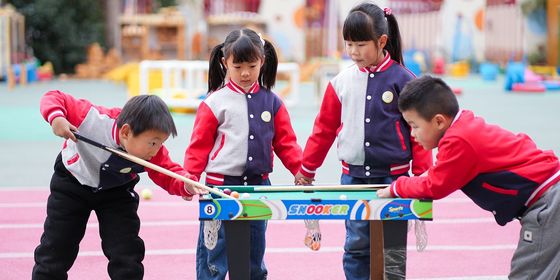Lady? Miss? Waiter? Chinese has many ways to address people, and they’re all risky. But there’s an easy solution.
You’ve just left the office and have a hankering for some down-home Chinese food. None of that gourmet cuisine or rustic Western food that you’ve been living off for the last few weeks—someplace local, where no foreigners go. You find a place that looks satisfactory, head on in, and find a seat that faces the entrance.
An employee hands over a menu and you peruse the options. After deciding, you look up, and it suddenly dawns on you that the identity of the female employee across the room is a mystery. Maybe you should say 老板 (boss), in case she’s the owner? Maybe 服务员 (attendant) would be fine? Then there’s the possibility of 小姐 (Miss), 美女 (pretty lady), or simply 你好 (hello).
The scenario is familiar to everyone in China, and is not just limited to dining services. The vast number of salutations available in Chinese makes it hard to get people’s attention in unfamiliar settings—especially when coffee-shop employees insist that they are not 服务员 (waiters) but 咖啡师 (baristas).
Fortunately, there is one underused phrase that is applicable to every circumstance—laojia (劳驾).
Laojia is a fairly archaic word that can be translated as “excuse me.” Constructed from the characters for “service” (劳) and “harness” (驾), the phrase is not used by much of the population, but despite its lack of prominence, laojia has many advantages over more common phrases with similar meanings, such as 不好意思 (bù hǎo yì si) and 打扰一下 (dǎ rǎo yī xià).
It is inherently more polite in its address of others, as well as being short. Laojia also implies a need for aid or for others to make way, depending on the context, reducing the need for extraneous words.
But it is the underlying respect and reverence that makes it such a useful tool to have in one’s verbal arsenal.
One may cause offence with options is chosen, but it is almost one hundred percent impossible for someone to be offended by laojia.
Of course, it may be more convenient and less formal to use the relevant honorific (of which there are many) if you know the person. For everyone else, there’s laojia.











